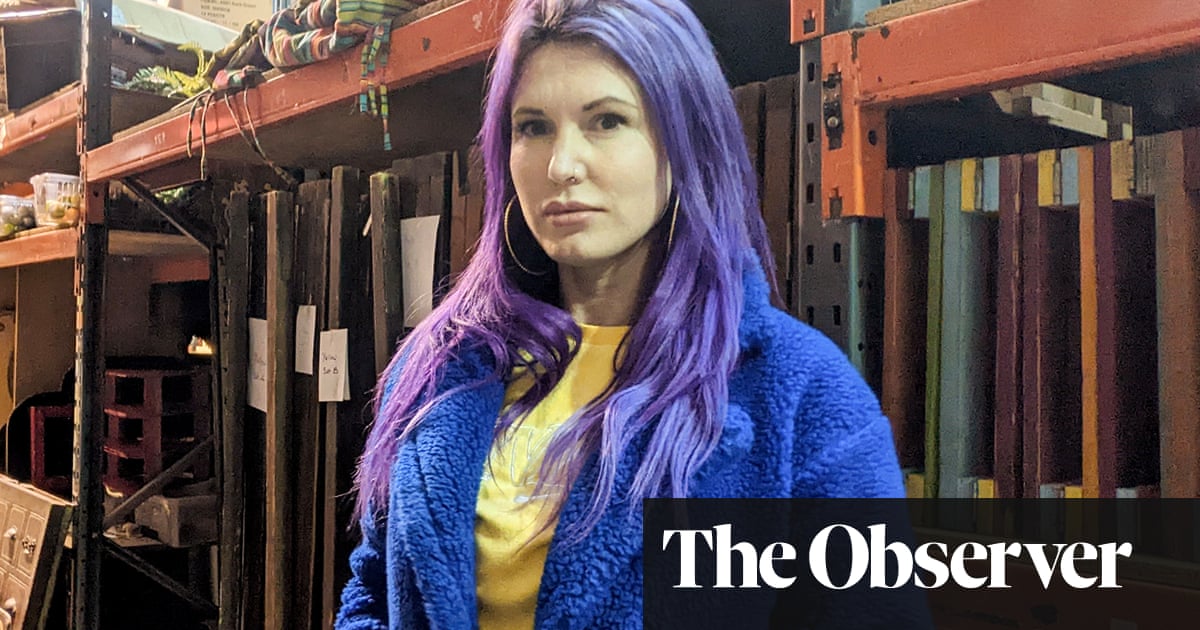
An estimated 6m small businesses in the UK supporting 16.6m jobs are in a financially precarious position as a result of the pandemic, a London business school has warned.
Nearly two-thirds of entrepreneurs felt their business might not survive the pressures of Covid-19, while more than half predicted they would run out of money within the next 12 months, according to the new study from King’s Business School.
Adding to the gloom, two out of three small firms in a separate survey of 1,500 small businesses said they expected trading to get worse. In the poll by the Federation of Small Businesses (FSB), the small firms said they expected an “incredibly difficult” trading period in the run-up to Christmas and the end of the Brexit transition period.
The studies follow criticism by the Labour party that almost half a million self-employed workers have been “left in the lurch” by government support, which covers only two-fifths of their normal income despite the onset of tougher coronavirus restrictions.
Rishi Sunak said last Thursday that he would significantly expand the coronavirus-related job support scheme to pay a larger share of workers’ wages than initially planned, alongside more money for the self-employed and grants for businesses in areas affected by local lockdowns.
In the study by Kings’ Business School (part of King’s College London), more than 350 entrepreneurs were questioned at the height of the first coronavirus lockdown to map and evaluate the impact on their businesses and on them personally.
Almost two-thirds (61%) reported that the future existence of their business was under threat due to a slump in trade. Researchers said this suggests that there are potentially 16.6 million UK jobs at risk. Small businesses contribute 52% of the £2.2tn turnover generated by the private sector and employ 60% of all private sector workers.
Prof Ute Stephan, who led the research alongside colleagues Dr Przemysław Zbierowski and Pierre-Jean Hanard, said: “While entrepreneurs were optimistic and could see possible long-term positive impacts on their businesses, it was also clear that many were in survival mode.”
She said entrepreneurs were agile and adaptable by nature, “but there are only so many things they can do to keep their businesses afloat. With many parts of the country facing stricter lockdown, we urge the government to help SMEs find ways to adapt and build on their potential to ‘build back better’ as the backbone of a more inclusive and greener post-Covid UK economy.”
Businesses led by women were impacted more adversely than those led by men, with 72% reporting lower trading volume, compared with 56% for male-owned concerns.
Mike Cherry, chair of the FSB, said: “Short memories are common in a crisis, but we must not forget that small firms were already under the cosh thanks to political uncertainty, rising costs and creaking infrastructure well before the spring.
“The chancellor made some welcome adjustments to support measures last week, and it’s critical that the new job support scheme is straightforward to use, the self-employed can access the help they require, and local authority cash grants reach as many of those in need as possible, as swiftly as possible.”












